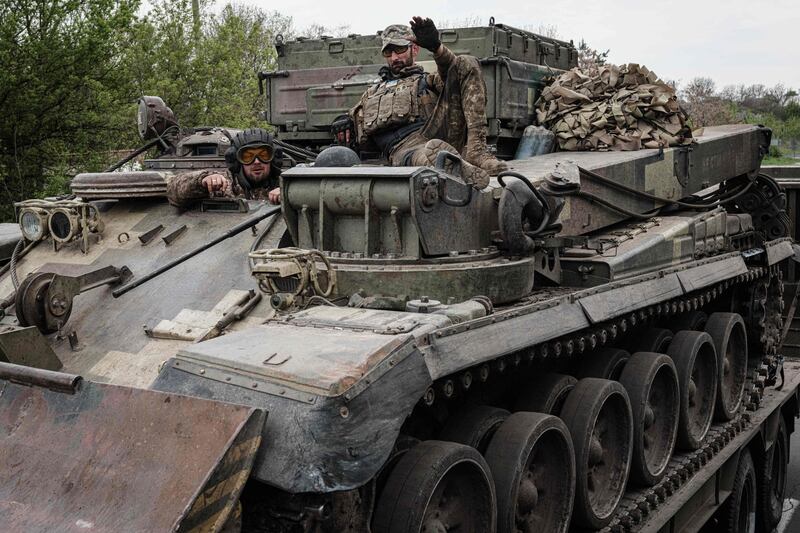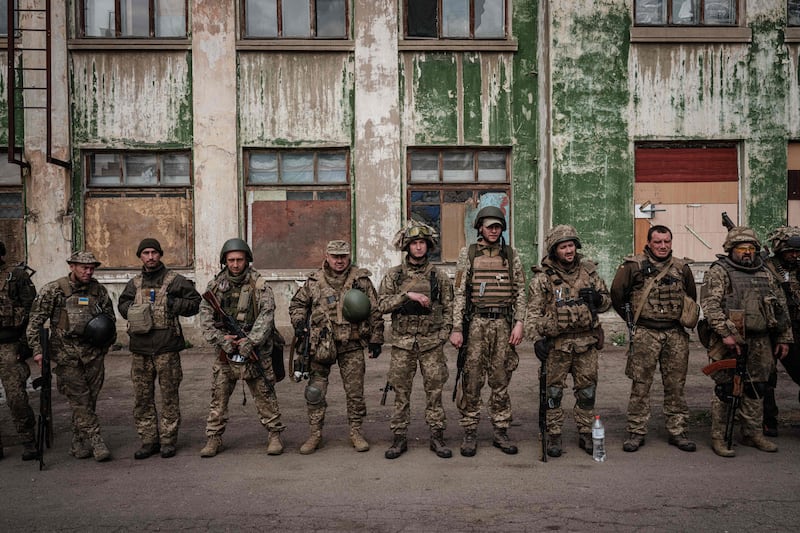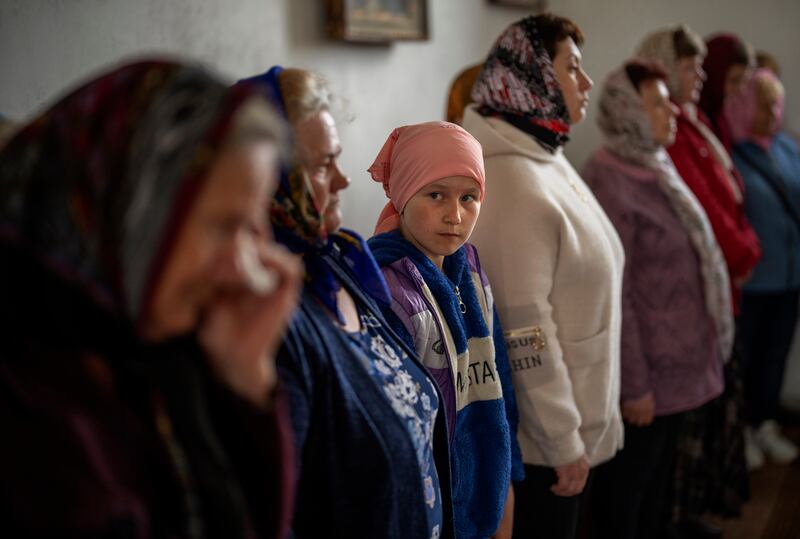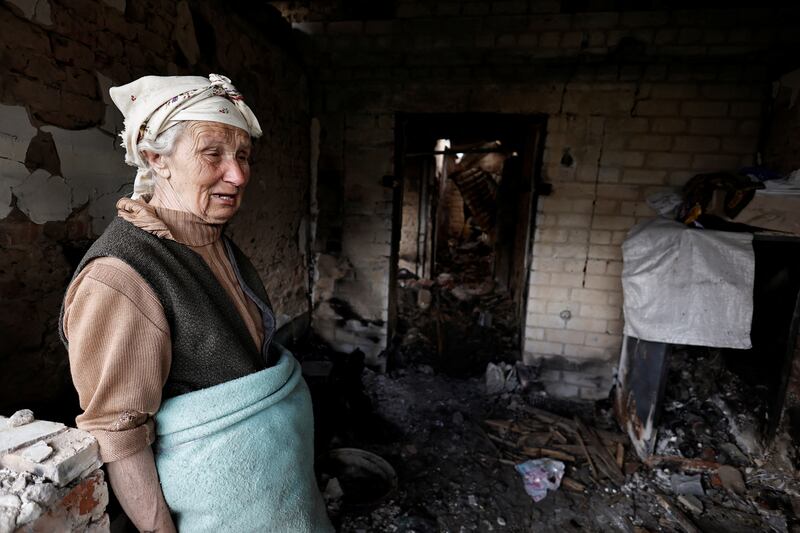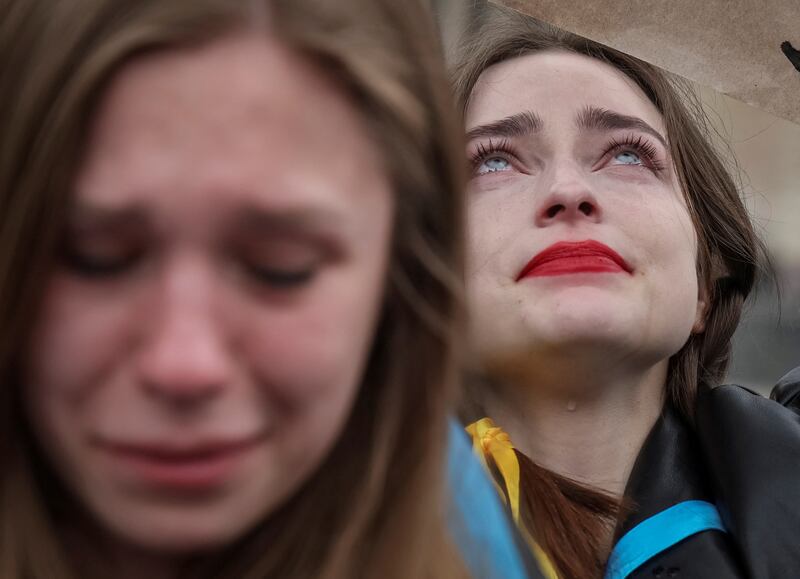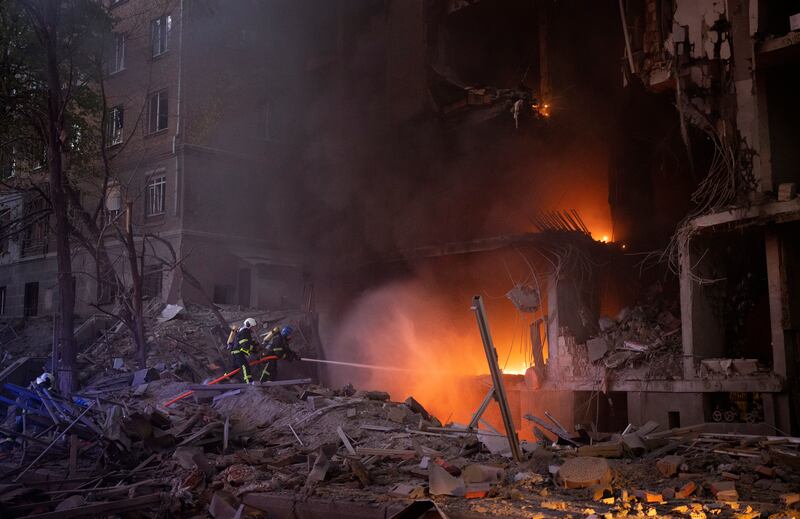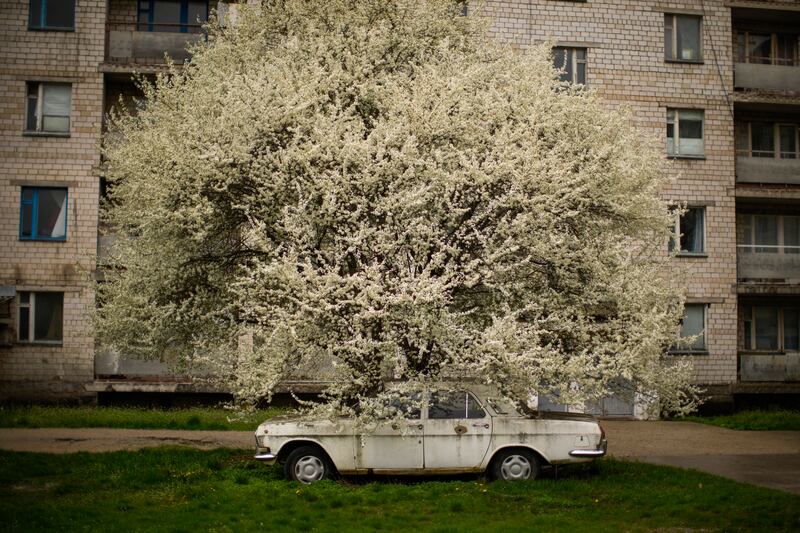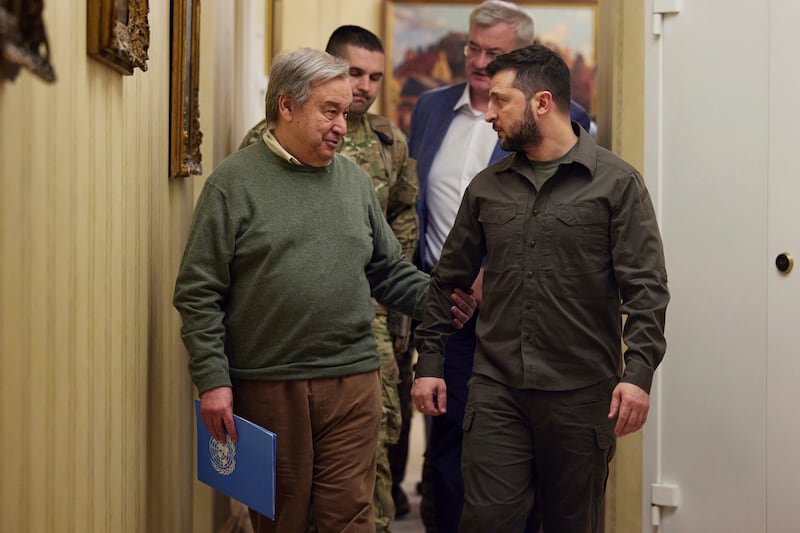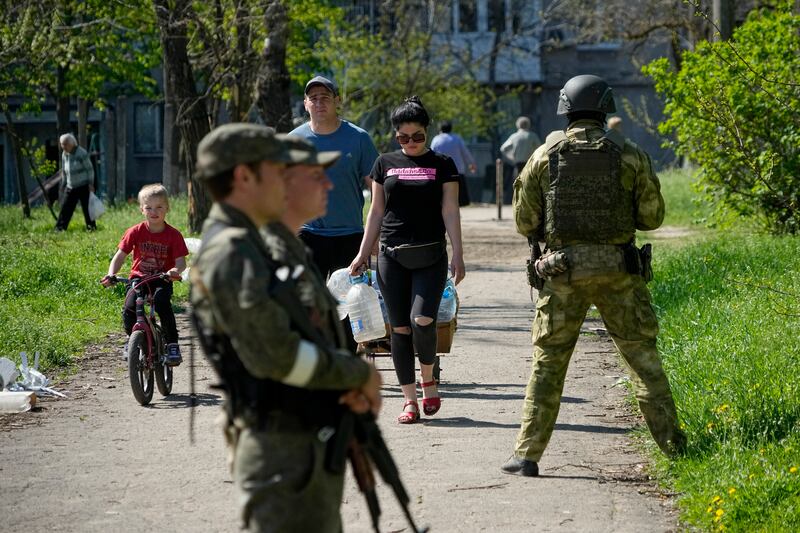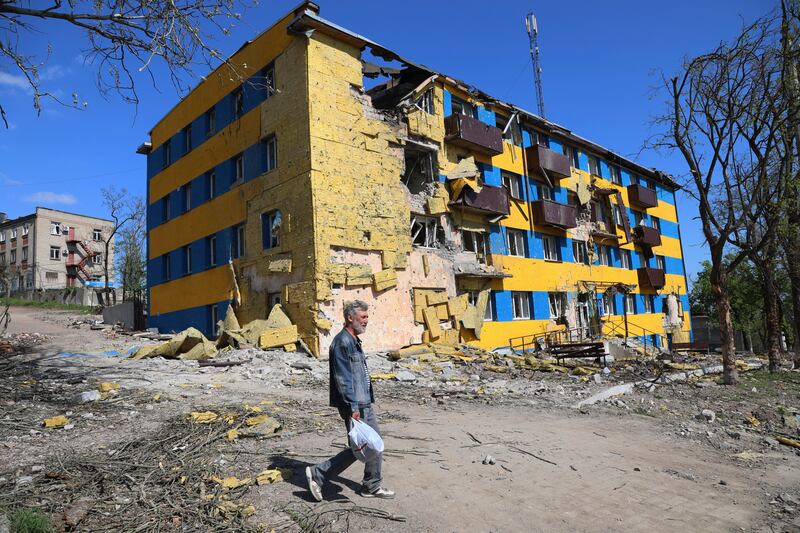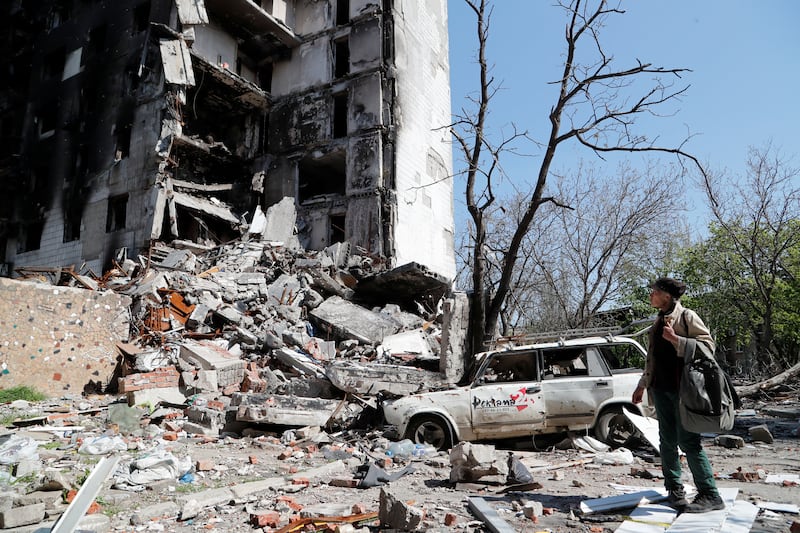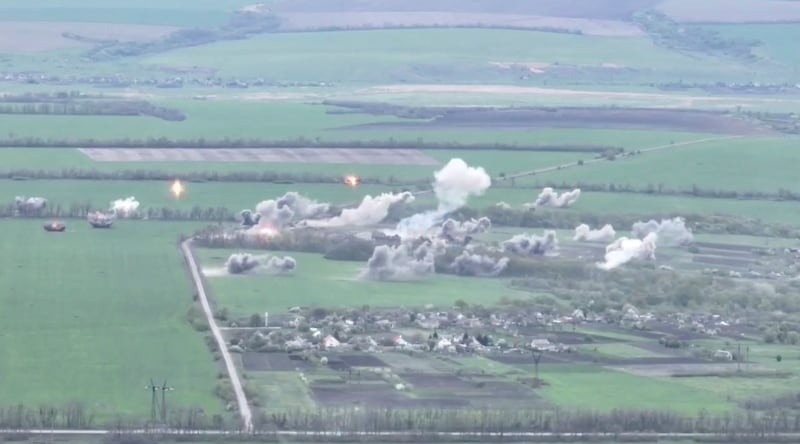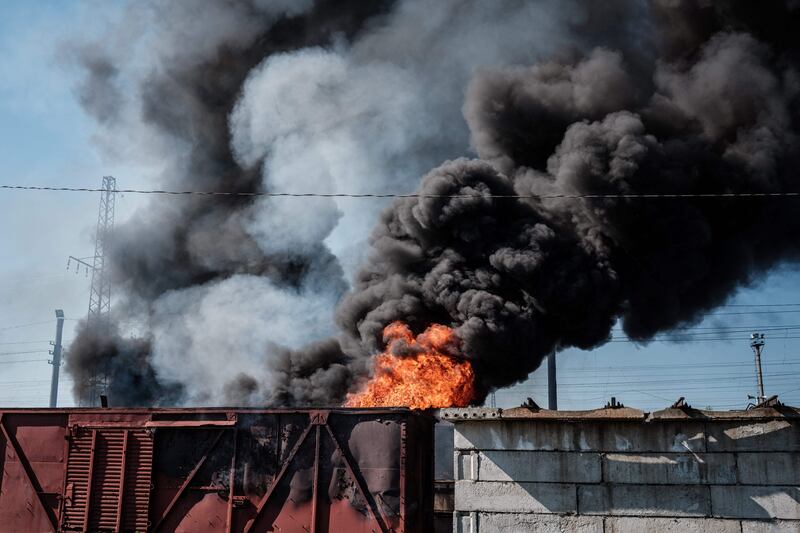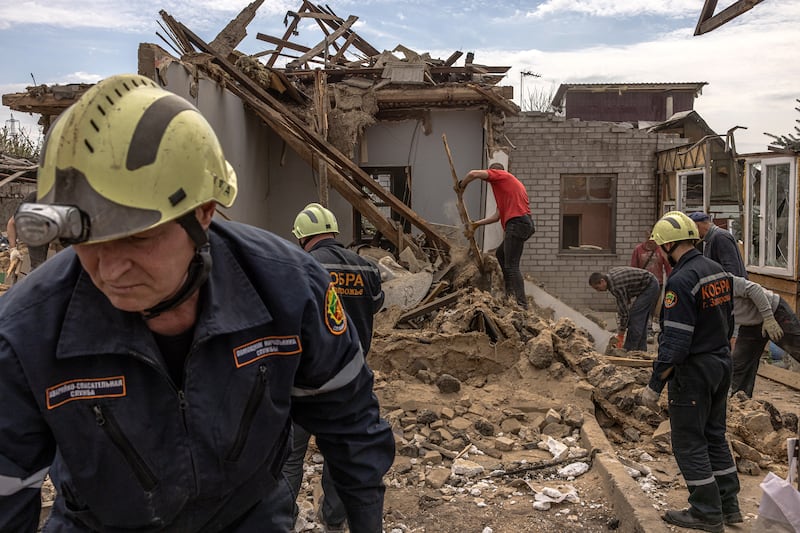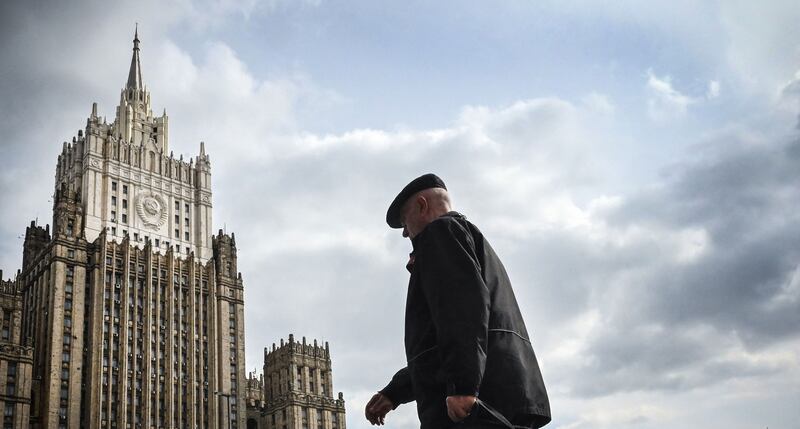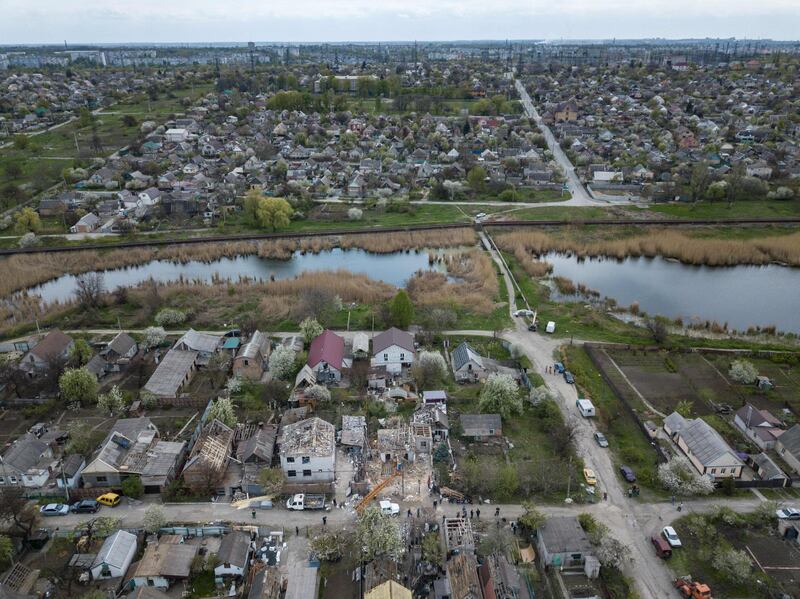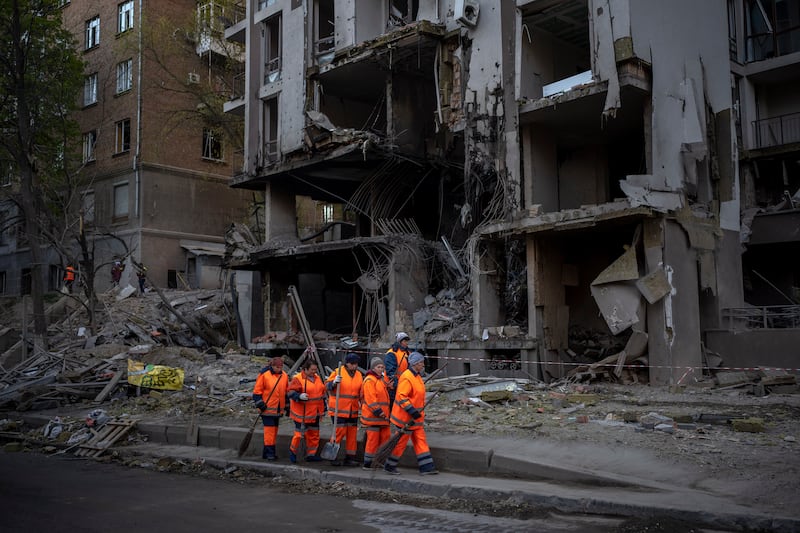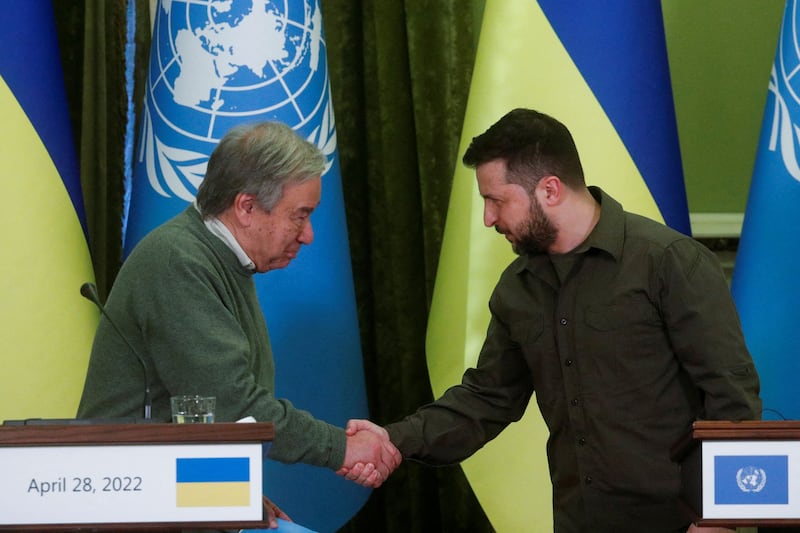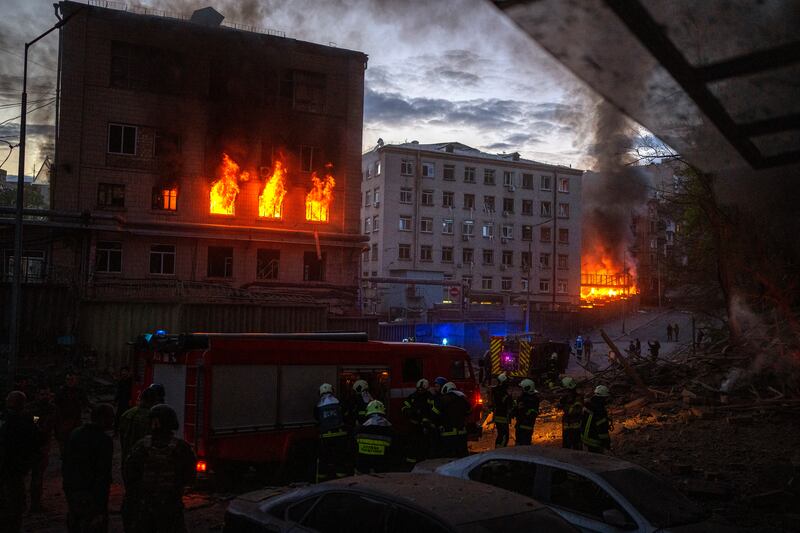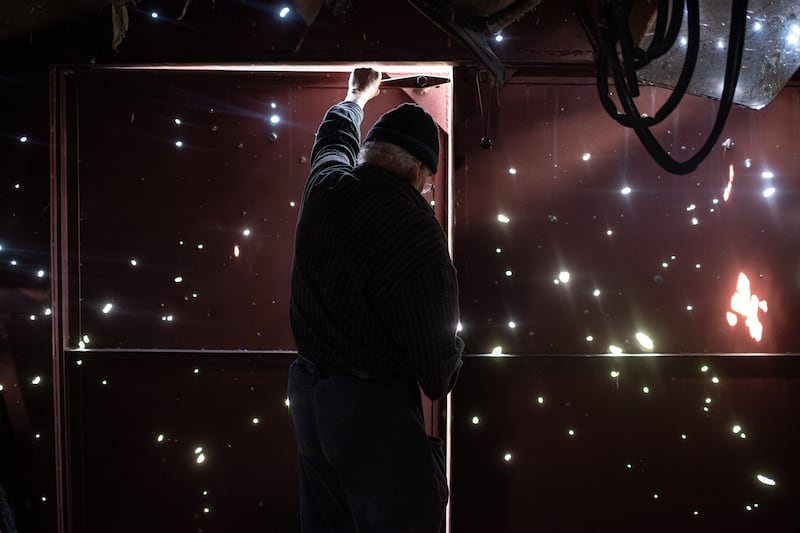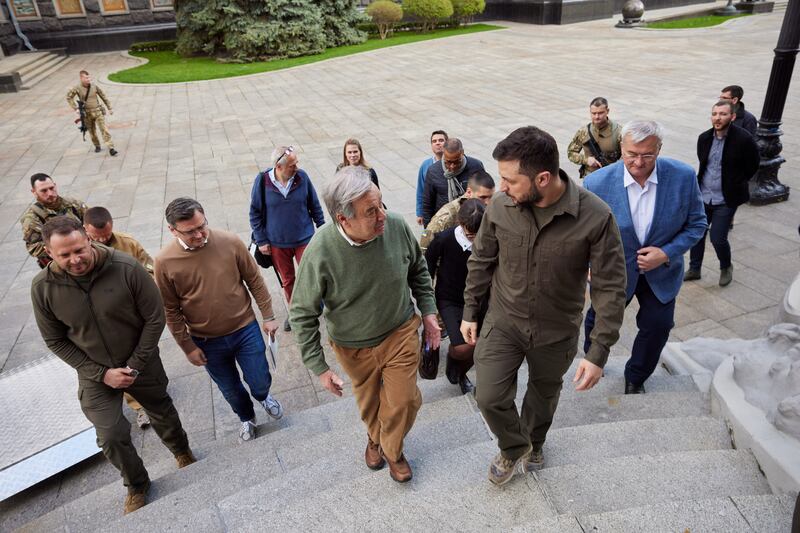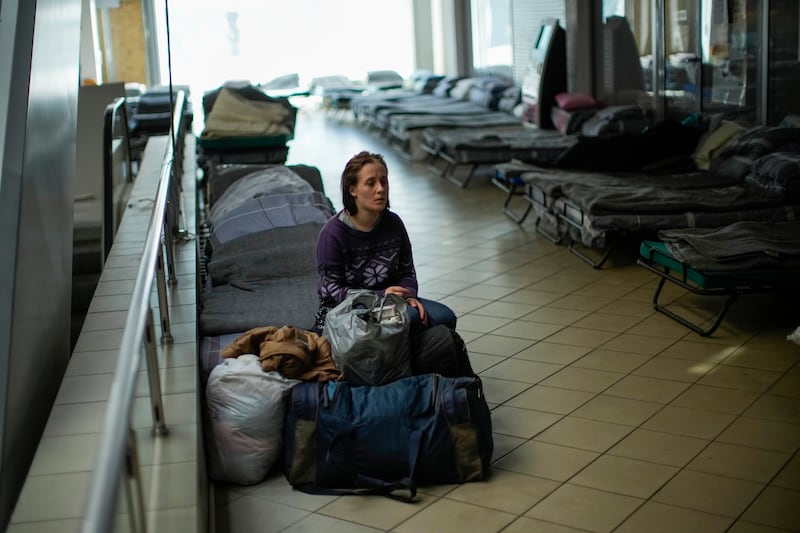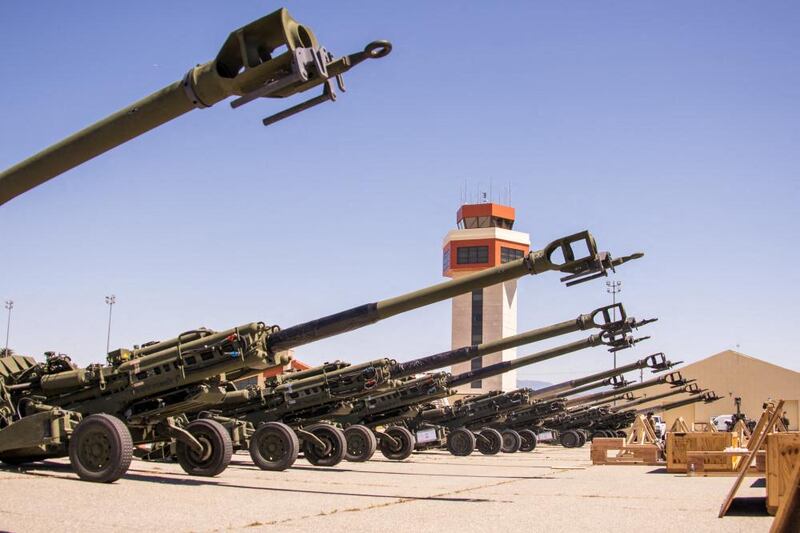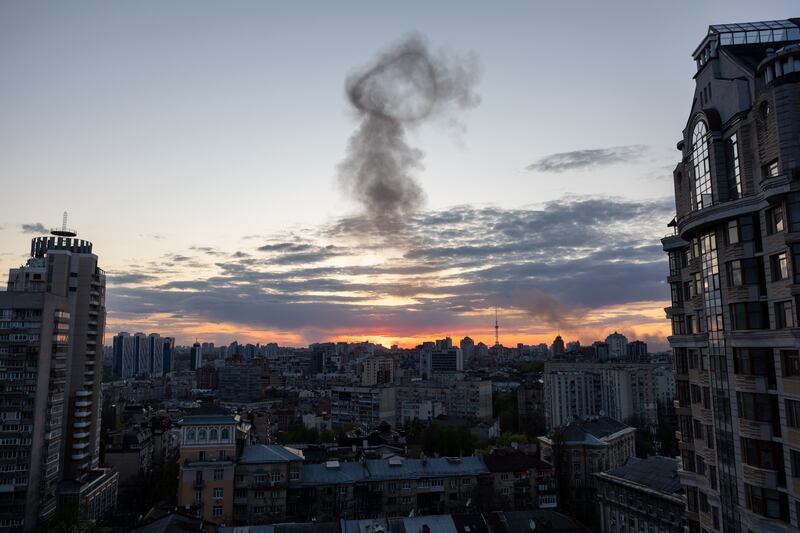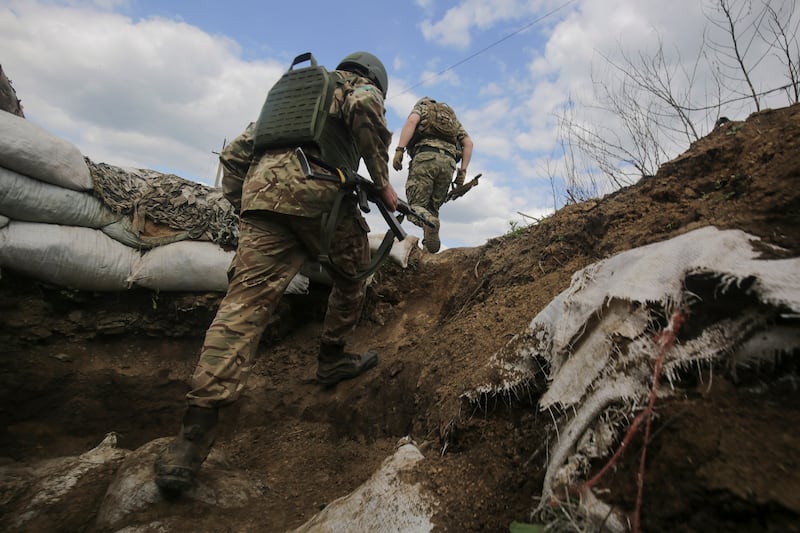Germany has pushed the European Union a step closer to an embargo on Russian oil by saying it would no longer block such a measure despite reservations over whether it would succeed in weakening the Kremlin.
Vice-Chancellor Robert Habeck said Germany's moves to replace Russian oil since the invasion of Ukraine meant it could now withstand an embargo without the economic disaster it had feared when it initially opposed such a move.
Germany had been one of the main sceptics of an immediate oil embargo championed by countries such as Poland, who say Europe is effectively financing Russia's onslaught on Ukraine by paying for its fossil fuel shipments.
Any import ban would require unanimity from the EU's 27 members. Hungary has also spoken out against an embargo but has left the door open to allowing an oil ban to pass if there are sufficient alternatives to Russian imports.
Mr Habeck, who is responsible for energy policy, would normally represent Germany at a special EU energy summit on Monday, but a spokeswoman said his appointments had been cancelled after he tested positive for Covid-19 on Friday.
He told ZDF television late on Thursday that Germany “is not standing in the way of an embargo” and could live with the likely economic fallout if it is passed.
But he said he would have questions about “how cleverly it is imposed”, to prevent prices spiking so much that Russia actually collects more money for less oil.
He sketched out a scenario in which such an embargo backfires by throwing poorer nations into crisis because of high prices, pushing them into the arms of Russian President Vladimir Putin if he offers cheap fuel in exchange for political support.
“There are other possibilities” apart from an import ban, said Mr Habeck, without elaborating. Oil prices rose on his comments.

Russia's move this week to cut off gas supplies to Poland and Bulgaria highlighted the hold that the Kremlin has over the power grids of its neighbours and prompted European Commission President Ursula von der Leyen to say that the “era of Russian fossil fuels in Europe will come to an end".
Gas supplier Gazprom said it had cut off the two countries because they refused to pay in roubles, a demand rejected by Ukraine's allies as a breach of contract but which has put other countries on alert for potential interruptions.
There was confusion over whether Russia's request for money to be converted into roubles at a Gazprombank account constituted a violation of EU sanctions, a point expected to be discussed at Monday's energy meeting.
EU diplomats agreed to a ban on Russian coal in a fifth round of sanctions signed off this month. But a sixth package, potentially including oil, has yet to be formally proposed after three weeks of discussions.
Hungarian Prime Minister Viktor Orban's chief of staff said last week that the country would examine whether any EU proposals offered an alternative to Russian oil and that there were more options to replace it than there were for gas.
Ukraine wants its allies to complete the set by banning Russian gas as well, but Germany says it will take until 2024 to be independent of it, Austria says it will need until 2027 and Hungary has described debate on the issue as pointless.
Germany's belief that it can live without Russian oil comes after a two-month scramble for alternatives which Mr Habeck said had reduced its dependence on Moscow from 35 per cent to 12 per cent.
The main remaining obstacle is a refinery in eastern Germany owned by Russian energy company Rosneft, which Mr Habeck said had no interest in co-operating on an oil embargo.
Replacing Russian gas will take longer because Germany currently has no import terminals to handle liquefied gas that is shipped from further afield. But Olaf Lies, a regional environment minister, said on Thursday that construction work on an LNG terminal in Wilhelmshaven would begin next week.
In the meantime, Germany's grid regulator said in a daily update that gas stocks were in a relatively healthy position and that Russian gas was continuing to flow through the Nord Stream 1 and Megal pipelines.
Gas stores were about 33.6 per cent full, the agency said, better than at this time last year. The European Commission has proposed mandatory minimum storage levels to prevent the bloc running out of gas.







